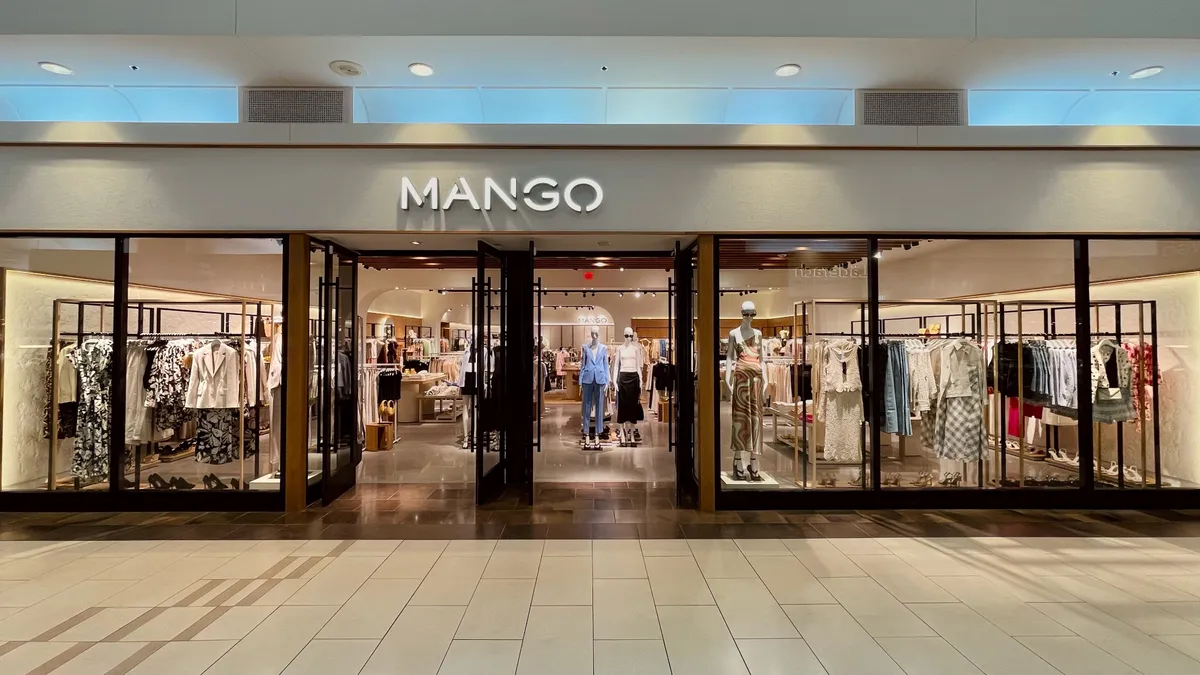Editor's Note: Enjoy Logistically Minded? Look out for a new, statistics-based Industry Pulse next week, to keep you on top of the latest statistics and trends.
Supply chains are constantly changing as new rules, technologies, resources and market trends transform operations. Here's a skim of the week's indexes, technology announcements, expansions and M&As from around the web.
In Case You Missed It
- Supply chains must work together to perfect the last mile.
- Uber Freight hit the road, but truckers have mixed feelings.
- A bid to drive down drug prices led to shortages, risking lives.
Market Snapshot
Economists continue to be wary of too much optimism, noting that while signs of economic improvement are strong, they are not yet conclusive.
Federal Reserve Governor Lael Brainard gave the latest such warning at an event Monday, according to The Wall Street Journal. Earlier this month, Supply Chain Dive reported unemployment had fallen below the estimated natural rate, showing a talent shortage was pervasive.
Yet, Brainard said she did not believe the economy had reached full employment yet, considering a lack of core inflation. Labor markets constantly change, and she believes there is still an opportunity to maximize employment among all demographic groups. "Maximum employment is inherently an inclusive goal," she reportedly said.
Greater employment typically coincides with economic growth, of course, and further reports suggest the global economy will continue to rise. The Journal notes world trade flows grew 1.5% in March, and the Eurozone added manufacturing jobs at its greatest pace in two decades.
In the U.S., the freight market is seeing a somewhat steady — albeit still fickle — recovery. Reuters notes the market has seen consistent year-on-year growth since the 2015/2016 dip, and this is driving increased demand for diesel and fuel. However, growth in production did not match fully with tonnage statistics in the American Trucking Association's index, leaving some scratching their heads on the market dynamics at play.
Speaking of scratching heads, demand for oil has yet to plateau, and economists are asking: just when will the global market hit peak oil demand? The Journal explores this question, noting some estimates could be in 2025 or 2030.
Technically Speaking
Blockchain is on the rise, as various supply chains are looking to the technology for greater transparency, and it looks like IBM and Chinese firms are setting up to be the first movers.
IBM set up a new "Blockchain Founder Accelerator" this week to help diverse businesses implement the technology by 2017. It's hardly a surprise: the company has been partnering with various, high-profile companies over the past weeks to do just that. The list includes SAP Ariba, A.P. Moller Maersk, and Wal-Mart, for example.
The other major actors, at least based on recent news, appear to be Chinese firms. Wal-Mart's partnership with IBM also includes China's Tsinghua University, Retail Dive reports. Similarly, Foxconn's blockchain venture includes a partnership with China-based Chained Finance, and a real estate developer in Texas just partnered with a Chinese firm, too, per Construction Dive.
In other future-tech news, SAP is reportedly attempting to get its customers to embrace artificial intelligence (AI), ZD Net reports; and at least one San Francisco legislator is pushing back against self-driven sidewalk delivery robots, claiming they may present a danger to inattentive pedestrians.
In reality, though, most supply chain actors are still trying to achieve basic visibility, with two well-known stakeholders taking a further step in that direction this week: Ryder launched a real-time visibility software, NaviShare; and London Heathrow Airport will begin testing a load consolidation app.
Breaking Ground
The Trump administration released details of the long-promised infrastructure plan this week. So far, the administration earmarked $200 billion in direct federal spending — including $5 billion in the next year — to spur a total of $1 trillion. Yet while the supply chain stands to benefit, the modal battle for funding is set to begin.
Roads, highways, bridges and ports often rely heavily on federal subsidies for their infrastructure projects. As a result, in their press release following the announcement, the American Association of Port Authorities (AAPA) said they were encouraged by the plan, but "concerned" about the "significant reductions" to plans "critically important" for ports, like TIGER grants, Harbor Maintenance Trust Fund outlays, port security grants and efforts to curb diesel emissions.
The AAPA says they need $66 billion in federal funds to remain competitive, but they'll have to compete with similar arguments nationwide. However, states and port authorities appear to be hedging their bets and are moving independently to build the required infrastructure.
In the last week alone, three ports have announced plans or contributions for infrastructure improvements: Officials in Florida approved a $437 million project in Port Evergaldes; the Port of Seattle will contribute $595,000 to fund a rail overpass in Kent, WA; and the Port of Virginia announced it was looking to further deepen its port, anticipating still-larger ships in the long run.
In other news, real estate firm CBRE said in a recent report that, for the first time since Q3 2010, leasing demand was below new construction in the U.S., according to DC Velocity.
Mergers & Analysis
After months of setbacks and altered deadlines, Hapag Lloyd and UASC have finally closed their merger which had encountered numerous delays around the financing of the deal. What is most notable is not that the deal closed, but how radically different the industry looks after the passage of those 10 months. The deal creates the 5th largest shipping company by capacity.
Descartes Systems Group recently announced their acquisition of e-commerce parcel shipping solutions company, ShipRush. Descartes expects that the acquisition will help scale their business with a stronger focus on transportation cost reduction.
In the retail space, the home improvement giant Lowe's has announced its intent to acquire Maintenance Supply Headquarters for just over a half a billion dollars. The company distributes MRO products and Lowe's expects the deal will expand its presence with professional customers. The deal is expected to close in Q2 of Lowes' fiscal year.
Meanwhile, a deal could be in the works for grain trader Bunge, who was approached by Swiss mining company, Glencore. While nothing is yet in writing, Glencore believes that gaining Bunge would grant it significant space and impact in the U.S. agricultural market, and Bunge investors like it too, with share price closing 17% higher based on the news.
Still awaiting board approval, a massive deal announced by German industrial gasses company Linde and its U.S. counterpart Praxair could total $70 billion in a merger-of-equals. However, at Linde, labor representatives are protesting the deal largely because it would move the company's headquarters — and their influence — outside of Germany.























